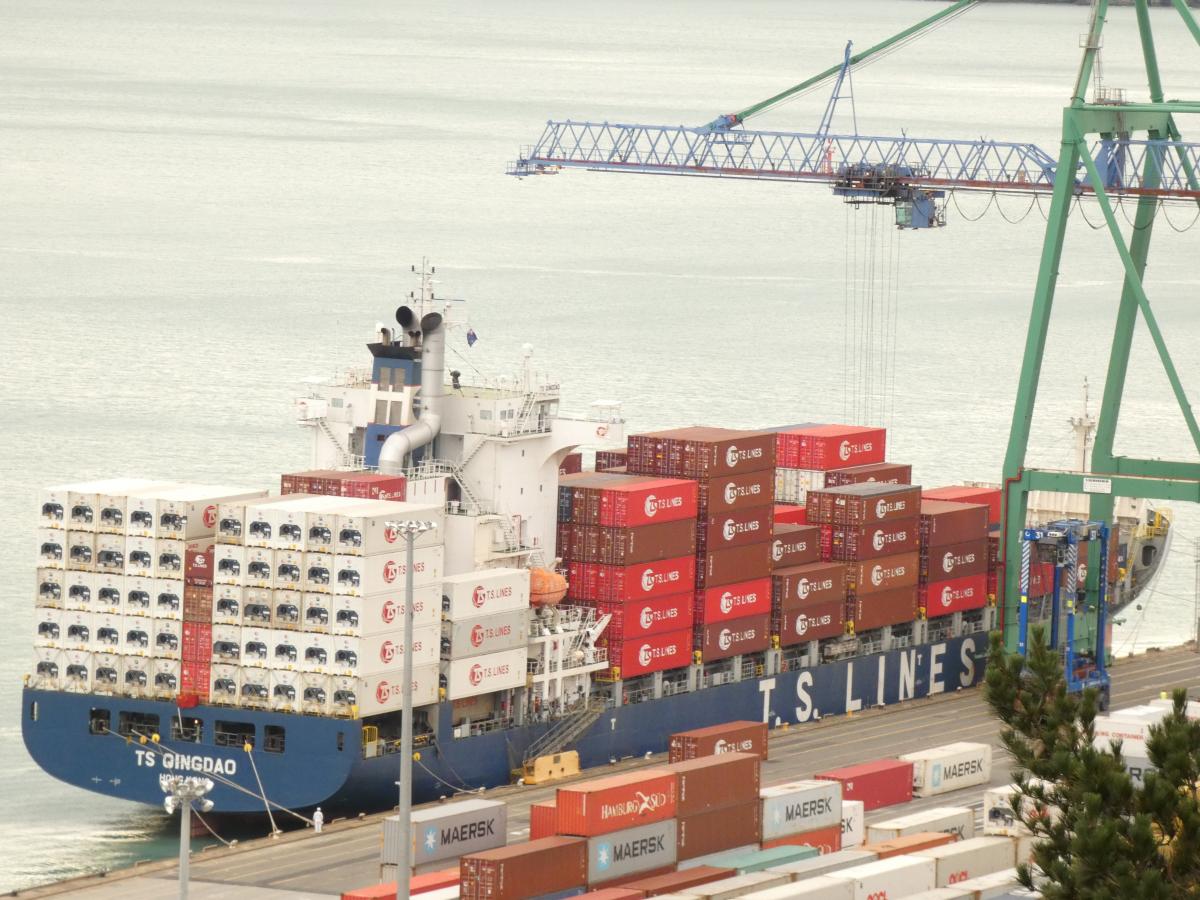Business sectors appear to be in different camps about trading prospects for the year ahead with some upbeat and others less hopeful because of delays to an expected lift in demand.
Hospitality and retail businesses are among those less optimistic with cash tills more muted through tough winter months and they are looking forward to the opening of new major city sporting facilities.
Lower interest rates should have given them reason for hope, but many businesses remain on fixed rates locked in over the last two years and shoppers in the same position are sticking to household necessities.
Some manufacturers are struggling to reach sales targets, while others in software, electronics and high-value food markets are investing in new machinery on the back of increased demand.
Exporters continue to be uneasy about the way United States President Donald Trump’s tariffs will play out and concerned about the threat of overseas conflicts on trading.
Canterbury Business said confidence had not continued its upward trajectory this year as many had hoped, despite reaching a high point last December.
In its survey of 400 small and large businesses for the quarter year 53% expected the Canterbury economy to be stronger over the next year and 51% expected a stronger financial performance.
The survey revealed 82% were confident in their ability to deal with disruption.
Chief executive Leeann Watson said business trading was still heading in the right direction, but less quickly than owners would like.
“The levels of confidence that we saw in December are still heading up, but slowly. What’s not necessarily being in line with that is consumer demand. That’s much slower, but again still heading in the right direction.”
Food and grocery retailers were in a business-as-usual position, while those selling clothing, sporting goods or other items such as cars and boats were tending to feel the pinch because of cautious spending on non-essentials.
Ms Watson said the business environment was in an overall holding pattern, but was expected to pick up at the tail end of the year.
Restructuring and redundancies had stabilised and businesses were investing in marketing for a growth phase, she said.
Business sectors varied in their confidence with some doing well and others cautiously optimistic about the future or conservatively holding back from investing in their businesses until interest rates kicked in. Those in recovery mode were often not yet ready to expand or struggling with challenging decisions about the future, she said.
Hospitality NZ Canterbury branch president Jeremy Stevens said owner operators were positive after a seasonally slow June following a strong May.
April trading was challenging as customers optimised their leave because Easter and Anzac Day holidays were so close together and venues such as Akaroa and Hanmer Springs did better than central city outlets, he said.
Mr Stevens said operators expected a “quite special” period over the next year.
“Having the metro sports centre open will bring a lot of people travelling around from New Zealand and also Australia in sports teams … conferences being held at Te Pai and the stadium opening next year with the metro sports centre that’s really going to help boost accommodation and central city trade.”
He said discretionary spending was also expected to increase when lower interest rates flowed though.
“I think the biggest challenge for the industry is the continual increased cost of goods.”
Hospitality closures were at normal levels and should not shadow success stories, he said.
Manufacturers coming off long term contracts are also facing significant increases in overheads including rising energy prices.
Ms Watson said a slower rebound than expected in consumer confidence and demand was taking its toll and continued geopolitical instability was creating challenges for business facing the other complications.
The survey tracked 59% of businesses expecting to hire staff within the next year and 60% planning to invest in property, plant and equipment — up marginally on 57% the previous quarter.
The big challenges continue to be consumer confidence and demand, productivity and growth, inflation and interest rates, cashflow and compliance costs.














